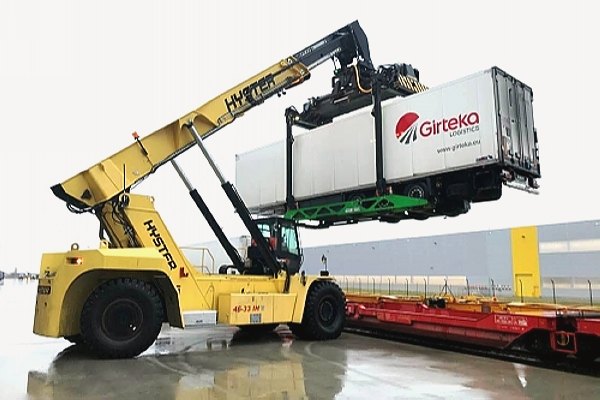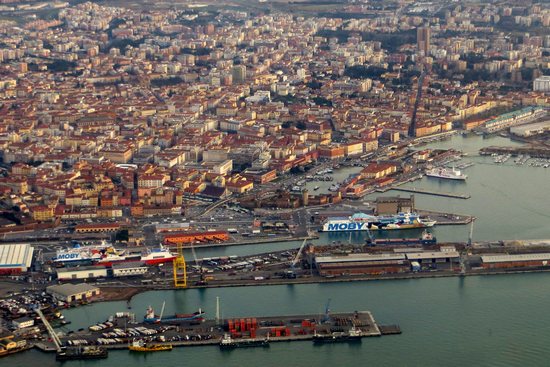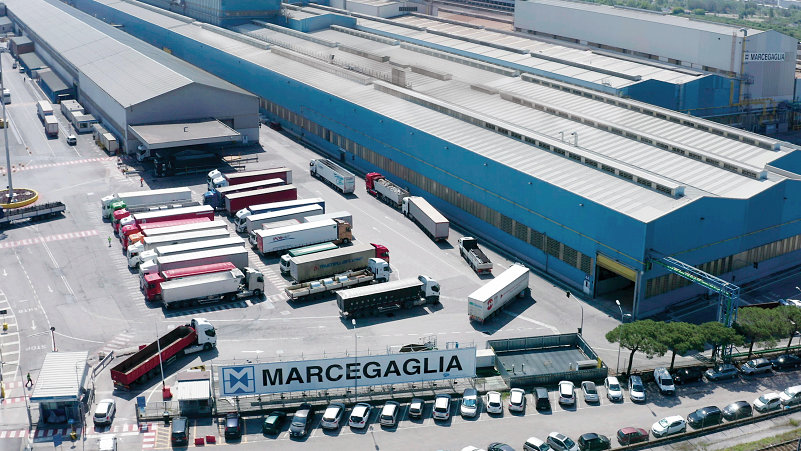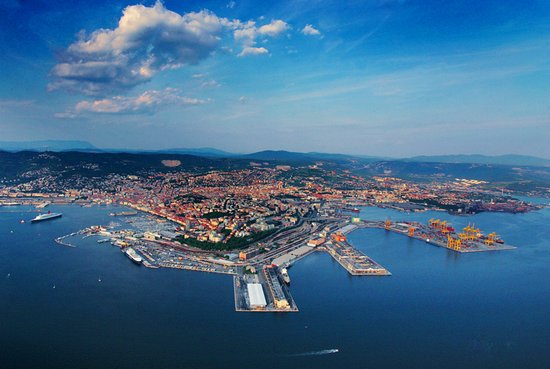Switzerland is set to invest up to €80 million to enhance the railway route along the left bank of the Rhine, spanning from Metz to Basel via Strasbourg and primarily located in French territory. This proposal, initially put forth by the Swiss Federal Council in June 2024, has now been formalized, pending official budget approval. Switzerland's financial involvement in cross-border railway projects is not unprecedented; the country has a long history of funding neighboring infrastructure, particularly in Italy. The first Swiss-Italian agreement dates back to 1955, leading to Switzerland’s contribution to the electrification of the Novara-Alessandria railway in 1960.
The collapse at Rastatt in August 2017 underscored the critical need for alternative routes along the Rhine—a vital axis for freight transport in Europe and a key section of the North Sea-Baltic-Mediterranean Ten-T corridor (formerly known as the Rhine-Alpine Corridor). While the Metz-Strasbourg-Basel railway is not the only alternative on the Rhine's left bank, its electrification makes it an appealing option for Switzerland, which aims to spur investment from France and Germany.
During summer 2024, when German rail work caused freight to be redirected, the Wörth-Lauterbourg-Strasbourg line—predominantly non-electrified except for initial sections—became the primary route. Despite these constraints, up to 20 freight trains per day were managed during the summer under a pre-planned project led by Hupac, in coordination with other international rail operators.
The Swiss railway company has advocated for infrastructure improvements in the French region and now has the backing of the Swiss Confederation, prepared to fund critical interventions. Hupac has frequently highlighted the limited capacity of the German rail network, exacerbated by planned renovations that will close numerous sections for months at a time, extending into the 2030s. The Swiss company views upgrading the French network—enabling unrestricted intermodal transport—as the only viable solution to current constraints.
On the subject of alternative routes, Switzerland has also learned valuable lessons from the partial closure of the Gotthard Base Tunnel after a freight train incident in August 2023. Since the new Alpine transit route’s inauguration in 2016 as part of the AlpTransit project, there were many calls to abandon the historic Gotthard line due to its high maintenance costs. However, the older line proved essential during the tunnel’s partial closure, despite certain limitations, notably its reduced gauge, which is unsuitable for intermodal trains. As a result, Federal Councillor Albert Rösti, head of the Department of Transport, has announced plans to invest over €1 billion to modernize the historic line.
Piermario Curti Sacchi






































































